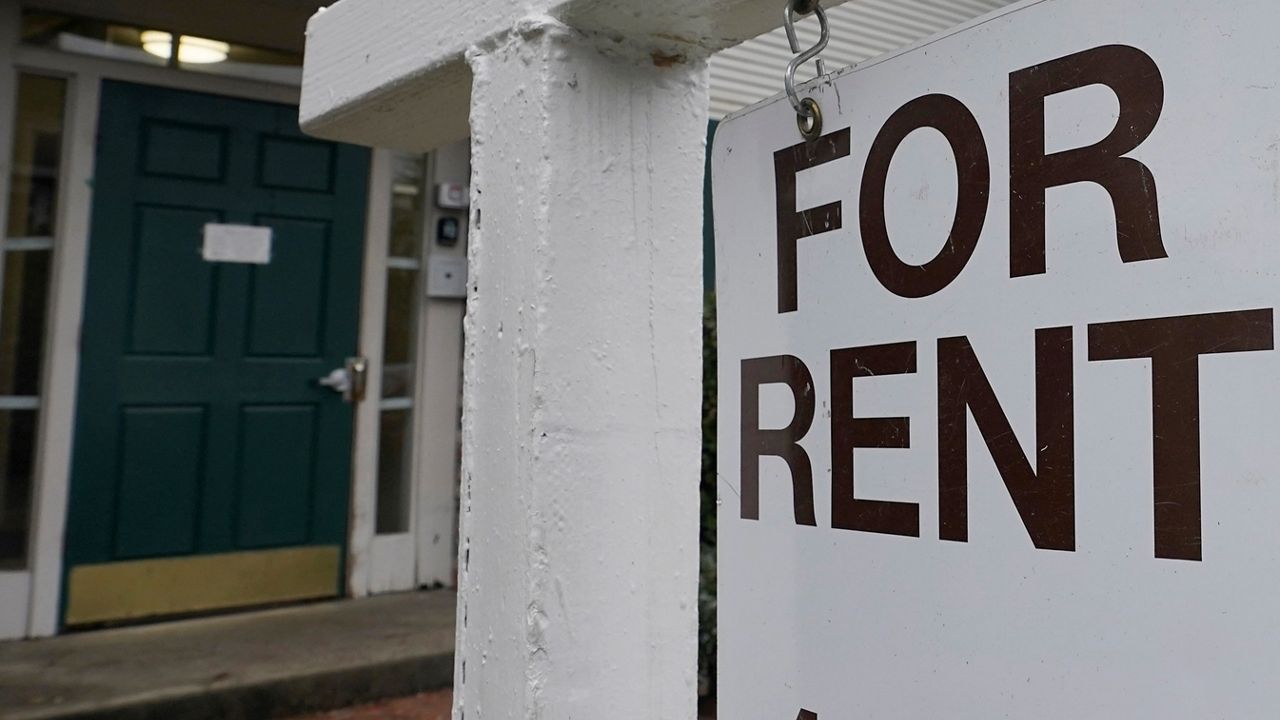OUR Florida’s recent $740 million boost in rental aid is subject to different federal rules than the prior batch of funds, rules which may help eligible tenants receive help more quickly.
What You Need To Know
- You do not need to already be behind on rent in order to apply for Emergency Rental Assistance (ERA)
- Different federal rules apply to ERA2 funds, which some programs are now using, including OUR Florida
- One of the key changes: programs using ERA2 money must pay tenants directly if their landlords choose not to participate
- Another key change: “financial hardship” is defined more flexibly under ERA2
- Under ERA2 rules, applicants can receive a maximum 18 months of rental assistance from ERA1 and 2, combined
Per federal guidelines for Emergency Rental Assistance (ERA) funds from the American Rescue Plan Act, ERA2 programs must pay approved tenants directly, whenever landlords choose not to accept funds on their behalf. The $740 million OUR Florida recently received are ARPA funds, Florida's Department of Children and Families confirmed by phone Thursday.
Previously, the treasury department strongly encouraged—but didn’t require—administrators of the country’s hundreds of ERA programs to pay tenants directly if their landlords refused approved funds. That was the federal rule governing the first whopping chunk of ERA funds, a sum of $25 billion included in the coronavirus stimulus package from Dec. 2020.
Now, ERA programs using ARPA money—including Florida’s program—“are required to allow tenants to apply directly for assistance, even if the landlord or owner chooses not to participate,” according to Treasury guidance.
While some programs like Florida’s are now using ERA2 funds, many are still working to distribute their ERA1 funds, with some programs distributing a mixture of monies from both funding streams. Generally though, programs aim to spend down their ERA1 money first—partly to avoid the risk of Treasury reallocating that money to other programs.
In addition to paying out tenants directly, programs using ERA2 funds must also abide by ERA2’s arguably looser definition of “financial hardship” when deciding which applicants are eligible for assistance.
Under ERA1, applicants must have experienced financial hardship “due, directly or indirectly, to the COVID-19 outbreak.” But for ERA2, applicants must have experienced financial hardship “during or due, directly or indirectly, to the COVID-19 outbreak.”
That new word “during” rather than “due to” COVID-19 should make eligibility less restrictive for ERA2, says Jorge Acosta Palmer, senior managing attorney of quality assurance at Community Legal Service of Mid-Florida. Under ERA2, applicants can also receive rental assistance for a total of 18 months; the federal limit for ERA1 is 15 months.
In addition to OUR Florida, the city of Orlando’s program is also using ERA2 funds, but as of Feb. 14 still stated online that “rental assistance payments will be made directly to the landlord.”
Following questions from Spectrum News, that sentence has been removed from the city’s website as of Feb. 15.
The city said it would be updating its site to reflect that "if a landlord refuses to participate in the program, eligible tenants will still receive assistance by working with a Housing Stability Services counselor, as long as resources remain available."
After months of seeing clients struggling to pay their rent due to circumstances outside of their control, Acosta Palmer is hopeful these ERA2 changes will make a big difference.
Particularly, he’s hoping ERA2’s direct-to-tenant payment requirement will help approved applicants actually pay their rent before they can be evicted or otherwise become homeless, a trend previously reported by Spectrum News and other national news media.
"There's going to be some peace of mind," Acosta Palmer said. "We should no longer see the frustration of seeing tenants with a check on hand, made out to a landlord who evicted them a week ago."
Just as before, Acosta Palmer says time is of the essence for struggling renters, especially in a state like Florida where evictions move quickly.
“The best thing that a tenant could do is apply early. They don’t have to wait to fall behind,” Acosta Palmer said.
Tenants residing or facing a legal issue in Central Florida (Brevard, Citrus, Flagler, Hernando, Lake, Marion, Orange, Osceola, Putnam, Seminole, Sumter, and Volusia) can request and qualify for legal assistance at no cost by:
- Attending a CLSMF ERA Navigational Event to talk to an attorney about their rights as a tenant and to receive assistance with completing an ERA application. Tenants can pre-register for the event using this link: https://bit.ly/clsmfERAnav
- OR, by calling 1-800-405-1417 or submitting an online application on their website.



